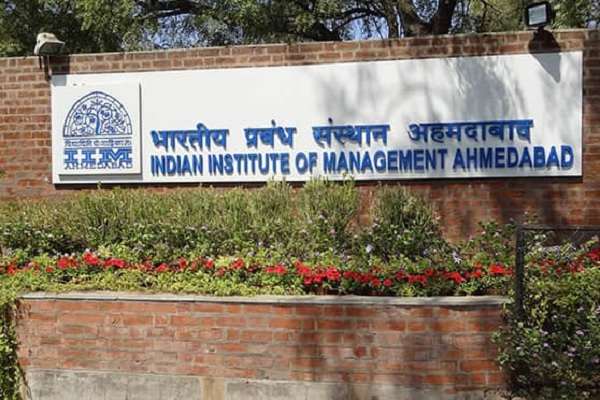Disregarding public orders: the government has the authority to dissolve IIM boards. The President of India, who serves as the Visitor of the IIMs, is the government’s representative and the highest decision-making body within an IIM.
Previously, the only body with the authority to examine an IIM’s operations and dismiss or appoint directors was the Board of Governors. The Union government’s influence was minimal.
This changed three months ago when the IIM Act was revised by the Ministry of Education to give it more control over the business schools, including the ability to dissolve an IIM Board.
The extent of this power is now being defined under the Rules of the amended IIM Act, even though the changes to the IIM Act in August made it clear that the President, in her capacity as the Visitor of all IIMs, is empowered to dissolve the Board and appoint an interim Board in its place going forward.
For example, the IIM Act amendment gave the President the power to remove an IIM’s director, but it is envisaged that the Rules will specifically say that the institute’s Board must abide by the Visitor’s decision in this regard. On this issue, back and forth is not allowed.
It is also anticipated that the Rules will, for the first time, clearly define the educational requirements for an IIM Director.
It is thought that the Ministry is eager for the modified Rules to state that in addition to a Ph.D. or an equivalent degree, candidates or applicants for the position of an IIM Director must have both a bachelor’s and master’s degree with honors.
An IIM Director’s academic background is currently defined as “a distinguished academic with a PhD or equivalent” under the unamended Rules.
Following the IIM Rohtak case, the provision regarding educational prerequisites was implemented. In this case, the current Director, Dheeraj Sharma, had lied about his educational background when he was first appointed, which was prior to the IIM Act’s passage.
According to the government employment post, Sharma needed a first class Bachelor’s degree to be eligible for the position, but instead he possessed a second class degree.
Thus, even when the MoE discovered the deception, it could not stop Sharma from being reappointed for a second term in the previous year.
This was due to the fact that the IIM Rohtak Board did not have the statutory requirement of a first-class Bachelor’s and Master’s degree at the time of his re-appointment, and it was in possession of complete authority under the IIM Act to select the director.
Now, the government has a say in these important appointments as the President, in her capacity as Visitor, can appoint the Chairperson to the Board of Governors, the director of the institute, and propose a candidate to the search committee for the director post.
The government does not intend to remove the institute’s academic accountability; rather, the measure will only guarantee its management accountability, according to Education Minister Dharmendra Pradhan, who is justifying the revisions.

































